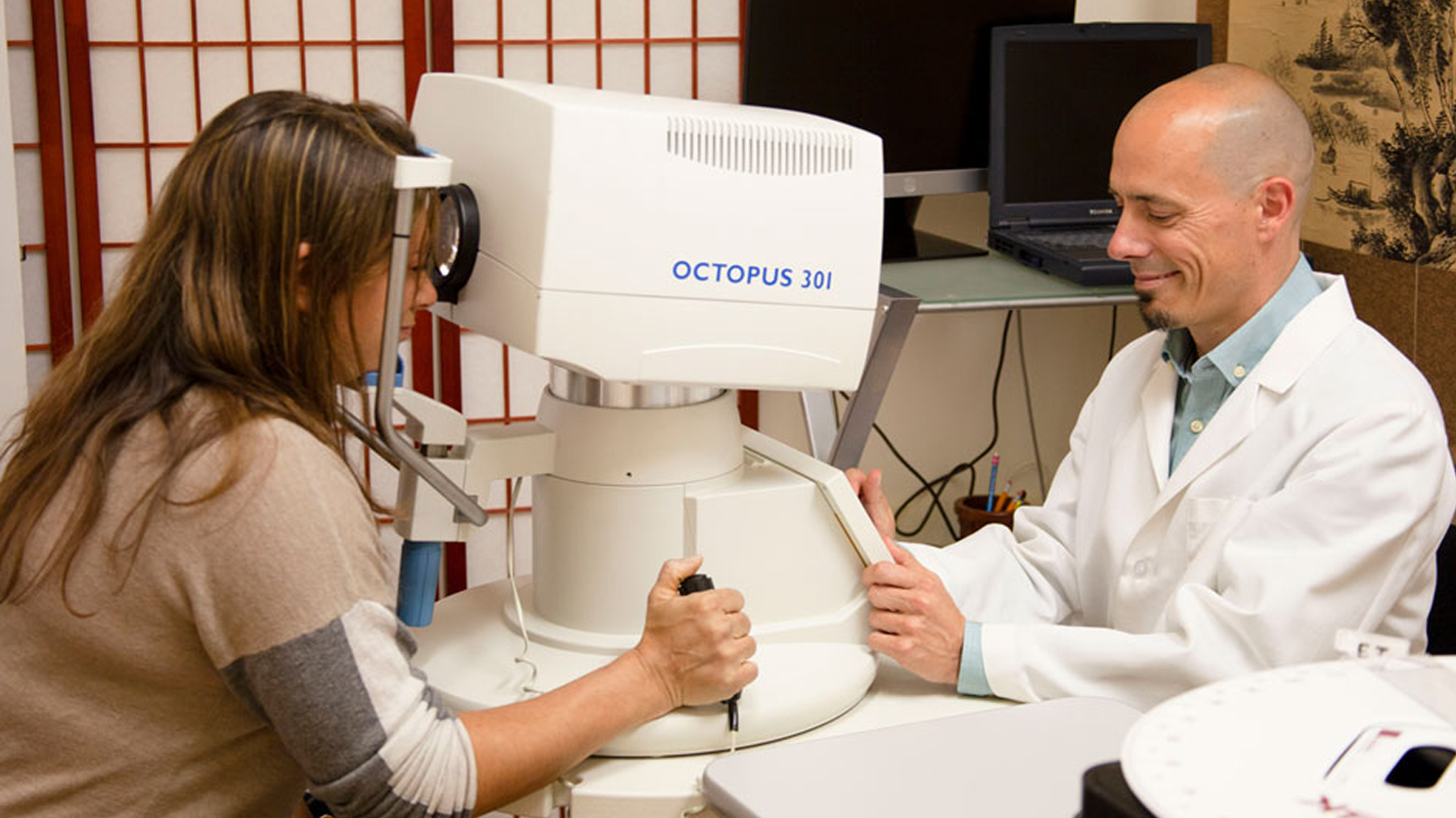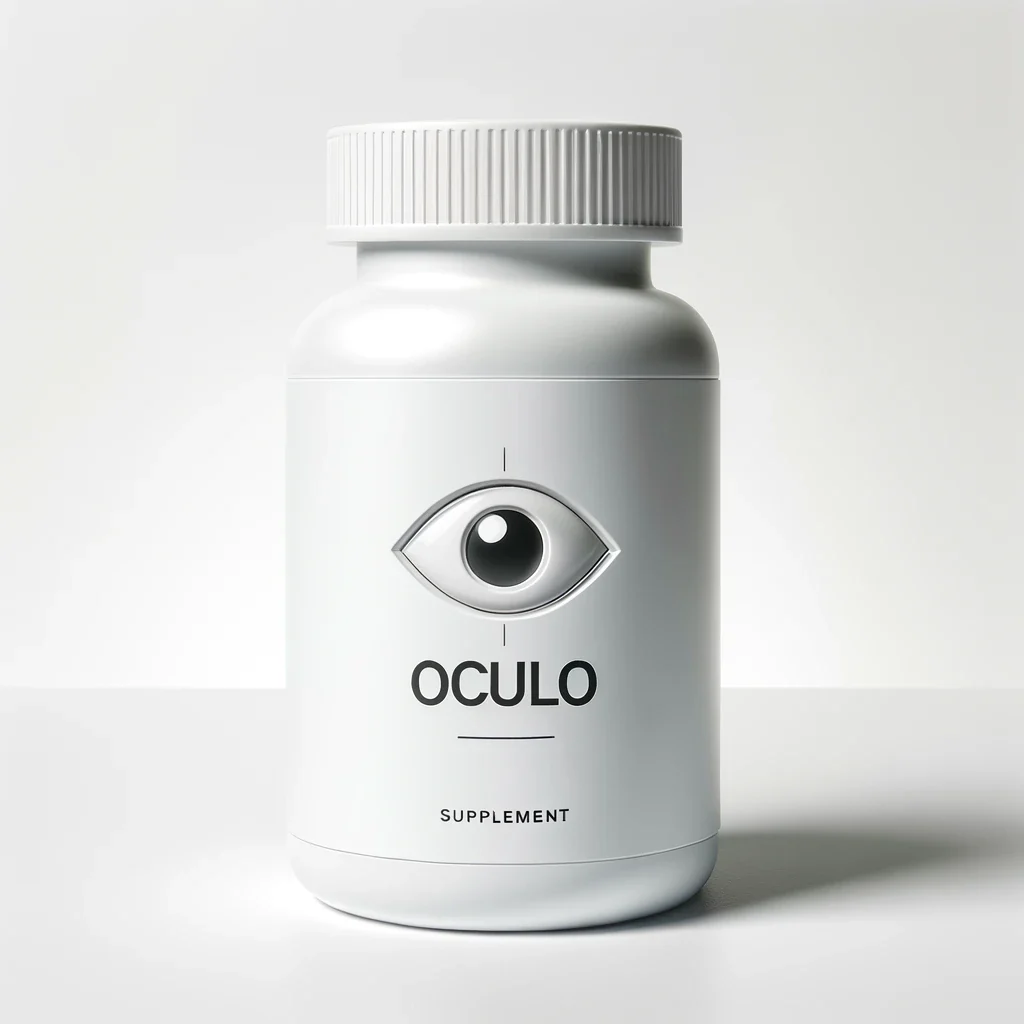Is Retinitis Pigmentosa an Autoimmune Disease?
Retinitis Pigmentosa (RP) is often explained as a genetic eye disease. But Dr. Andy Rosenfarb challenges this conventional view.
“In my experience, RP is not just about genetics. The immune system plays a huge role. In many cases, it’s autoimmune — the body is attacking its own retinal tissue.”
What Does “Autoimmune RP” Mean?
An autoimmune disease happens when the immune system mistakenly attacks the body’s own tissues.
In RP, this may mean immune cells target the retina, damaging the rods and cones responsible for vision.
Why Autoimmunity Matters
- Accelerated degeneration: Autoimmune activity increases inflammation and oxidative stress.
- Variable symptoms: Even within families, some progress quickly while others remain stable, suggesting environmental or immune triggers.
- Treatment potential: If RP is autoimmune, it can respond to therapies that calm and rebalance the immune system.
Common Triggers for Autoimmune RP
- Chronic infections (viral or bacterial) that overstimulate the immune system
- Gut dysfunction such as leaky gut or dysbiosis
- Chronic stress raising cortisol and inflammation
- Environmental toxins that disrupt immune regulation
Conventional Medicine’s View
Most ophthalmologists describe RP as an incurable genetic disease.
Autoimmune mechanisms are rarely considered, leaving patients with limited options beyond genetic counseling and low-vision aids.
Holistic & Functional Medicine Perspective
Dr. Rosenfarb integrates functional medicine and Chinese medicine to address autoimmunity in RP:
Acupuncture
Improves circulation, reduces inflammation, and supports immune regulation.
Functional Medicine
Focuses on gut repair, detoxification, and restoring immune balance.
Nutritional & Herbal Support
Antioxidants, omega-3s, enzymes, and anti-inflammatory herbs protect the retina and calm autoimmunity.
Why This Matters for Patients
If RP is at least partly autoimmune, this means it is modifiable.
Addressing immune triggers may help slow progression and give patients more years of functional vision.
Next Steps
If you or a loved one has RP:
- Learn more about epigenetics in RP.
- Explore functional medicine approaches.
- Schedule a Telehealth consultation with Dr. Rosenfarb to discuss personalized treatment.
Treatment Solutions for
Choose the treatment approach that fits your life
Whether you prefer hands-on care, convenient telehealth visits, or self-guided learning, we have multiple ways to help you manage .

In-Office 2 Weeks to Better Vision
Combining acupuncture, laser therapy & diagnostics at Dr. Rosenfarb's office in New Jersey. 90% of patients see measurable vision improvements.
Learn more
One-on-One Telehealth Sessions
One-on-one virtual sessions with Dr. Rosenfarb. Get personalized assessment and custom treatment plan from home.
Learn more
At-Home 12-Week AcuVision Program
Dr. Rosenfarb's 12-week step-by-step system. Live Q&A, guided exercises, and comprehensive approach to vision recovery.
Learn more
Alternating Current Micro Stimulation (ACS)
At-home micro stimulation system developed by Dr. Rosenfarb. Clinically proven at-home therapy to reactivate dormant eye cells.
Get ACS-3000
Eye Health Supplements
Scientifically-formulated supplements chosen by Dr. Rosenfarb to nourish your eyes and support healthy vision recovery.
Get supplements
